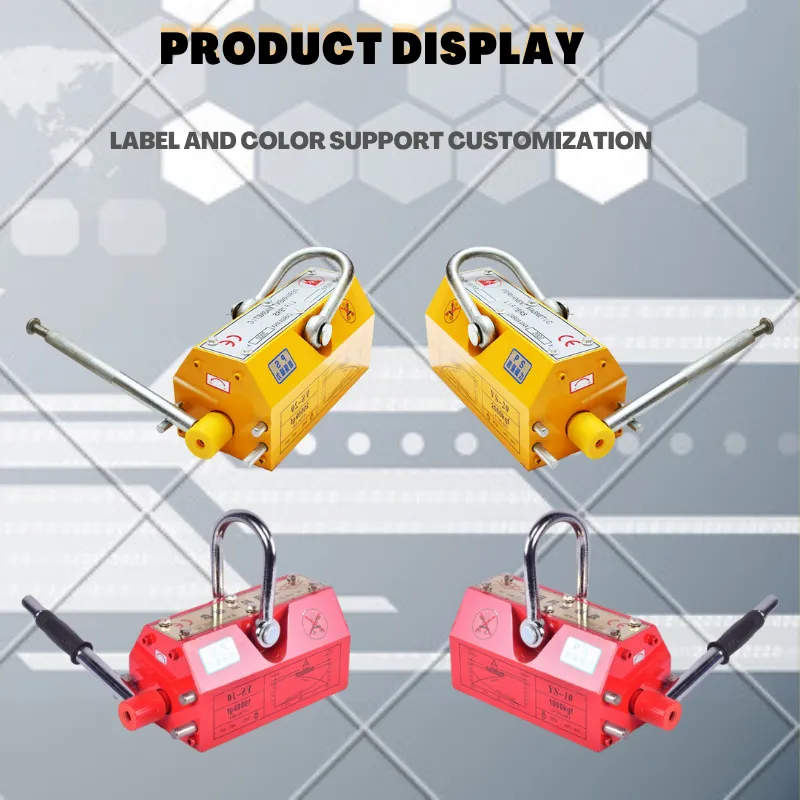cargo rollers
The Importance of Cargo Rollers in Modern Logistics
In the fast-paced world of logistics and supply chain management, efficiency and reliability are critical components of success. Enter cargo rollers, a vital piece of equipment that plays an essential role in the transportation and handling of goods. This article will delve into the nature of cargo rollers, their various applications, and why they are indispensable in modern logistics.
What are Cargo Rollers?
Cargo rollers, often referred to as roller beds or roller conveyors, are cylindrical rollers mounted on a frame designed to facilitate the movement of heavy loads. These rollers create a surface on which cargo can be easily transported, whether manually or mechanically. They are commonly made from durable materials such as steel or plastic to ensure resilience against the wear and tear associated with heavy-duty use.
Applications of Cargo Rollers
The versatility of cargo rollers allows for their application across various sectors, making them an integral part of logistics operations. Here are some key areas where cargo rollers are commonly used
1. Warehousing In warehouses, cargo rollers streamline the storage and retrieval of goods. By utilizing roller conveyor systems, employees can quickly move items from one location to another, significantly increasing productivity. This is particularly beneficial in large warehouses where manual handling is impractical due to the sheer volume of goods.
2. Airports Cargo rollers are critical in the aviation industry, particularly for handling luggage and freight at airports. They allow for quick reloading and unloading of cargo from planes, ensuring that flights adhere to tight schedules. Efficiency in this sector not only improves customer satisfaction but also facilitates smoother operations overall.
3. Manufacturing In manufacturing plants, cargo rollers are used to transport components through different stages of production. This reduces the time it takes to move materials, minimizes labor costs, and enhances overall productivity. The integration of cargo rollers within assembly lines can lead to significant improvements in workflow and output.
cargo rollers

4. Distribution Centers Distribution centers rely heavily on cargo rollers to manage the inbound and outbound movement of goods. These systems are designed to handle large volumes of products, enabling quick sorting and distribution. The ability to process goods efficiently is critical for meeting customer demands in today’s economy, where speed is often equated to competitiveness.
Advantages of Using Cargo Rollers
The implementation of cargo rollers in logistics and transportation provides numerous benefits
1. Efficiency By minimizing friction and resistance, cargo rollers allow goods to glide effortlessly along the conveyor system. This efficiency translates into faster loading and unloading times, ultimately enhancing operational effectiveness.
2. Safety Cargo rollers reduce the risk of injuries associated with manual handling. With heavy and bulky items being easier to move, the likelihood of accidents related to lifting and carrying decreases significantly.
3. Cost-effectiveness While there is an initial investment required for installing roller systems, the long-term savings associated with increased productivity and reduced labor costs make cargo rollers a cost-effective solution for many companies.
4. Flexibility Cargo roller systems can be customized to meet specific needs, allowing for adjustments in size and configuration depending on the type and volume of goods being handled. This adaptability is essential in a fast-evolving market.
Conclusion
In conclusion, cargo rollers are an essential component of modern logistics, playing a crucial role in enhancing the efficiency, safety, and cost-effectiveness of cargo handling processes. With their widespread applications across various industries—from warehousing to aviation—cargo rollers signify the advancement of technology in supply chain management. As businesses continue to seek ways to optimize their operations, the reliance on innovative solutions like cargo rollers will only intensify. Ultimately, these simple yet effective tools underscore the ongoing evolution of logistics, paving the way for a more efficient and productive future.
-
Unlock Seamless Relocation with Our Heavy Equipment Moving ExpertiseNewsJun.06,2025
-
Unleash Unrivaled Flexibility with Our Adjustable Gantry CraneNewsJun.06,2025
-
Unleash Heavy-Duty Efficiency with Our Industrial Gantry Crane SolutionsNewsJun.06,2025
-
Revolutionize Steel Handling with Our Magnetic Lifter RangeNewsJun.06,2025
-
Master Equipment Mobility with Premium Machinery Mover SolutionsNewsJun.06,2025
-
Elevate Your Material Handling with Magnetic Lifter TechnologyNewsJun.06,2025
-
YS Permanent Lifting Magnets: The Smarter Way to Handle SteelNewsMay.22,2025
